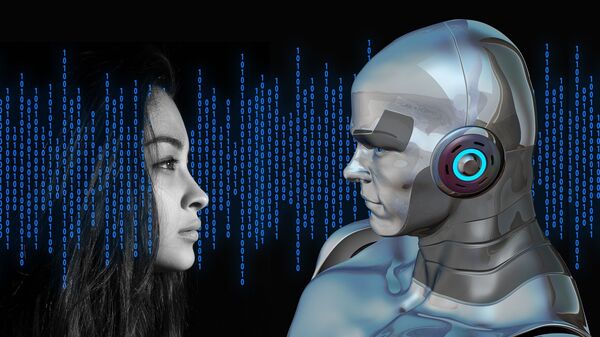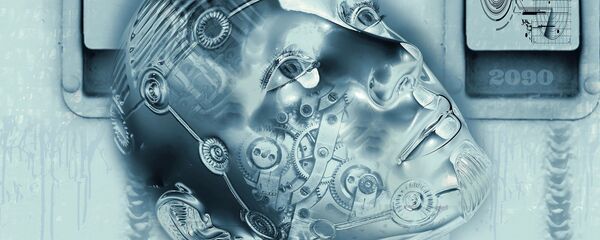People are both right and wrong about artificial intelligence (AI). On the one hand, AI potentially offers major positive changes in to our lifestyles.
On the other hand, complex intellectual machines working without human interaction could have very dangerous consequences, Mark Bishop, a University of London expert in cognitive computing, told Radio Sputnik.
“A group of experts in America has predicted that within one or two decades 43 percent of jobs [in welding, car parts and even in the realm of cognitive activity] could be automated. They also found that certain jobs would be hard to be automated,” professor Bishop noted.
That being said, he added that he had the experience of intelligent machines engaged in procurement and in calculating the efficiency of certain jobs, the need to replace some personnel and things like that.
“Another theory is that computers don’t really understand the meaning of symbols, that they don’t really understand anything. The third argument in this critique is that computation [rules out sensations], something which is in your face, in the tapping of fingers on the door or the fragrance of a rose,” Bishop said.
“Computers can never give rise to sensations,” he added.
Considering all these three things, one could say that a computer could really behave like a terminator because it has no sensations.
When asked about the development of human-level artificial intelligence, professor Bishop said that a big question is whether people can engineer artificial intelligence capable of seamlessly deploying knowledge from one domain across to another.
Considering the possibility of several small computer failures happening and eventually leading to a major catastrophe, Dr. Bishop said that this possibility was all the more dangerous because it could result in military escalation and, ultimately, in a nuclear confrontation.
“Just imagine a typical James Bond villain who wants to take over the world and controls an army of robots. Luckily, we are still a long way from a terminator,” he said.
Hear more about this in our Robots vs Humans Weekend Special with Mark Bishop.




